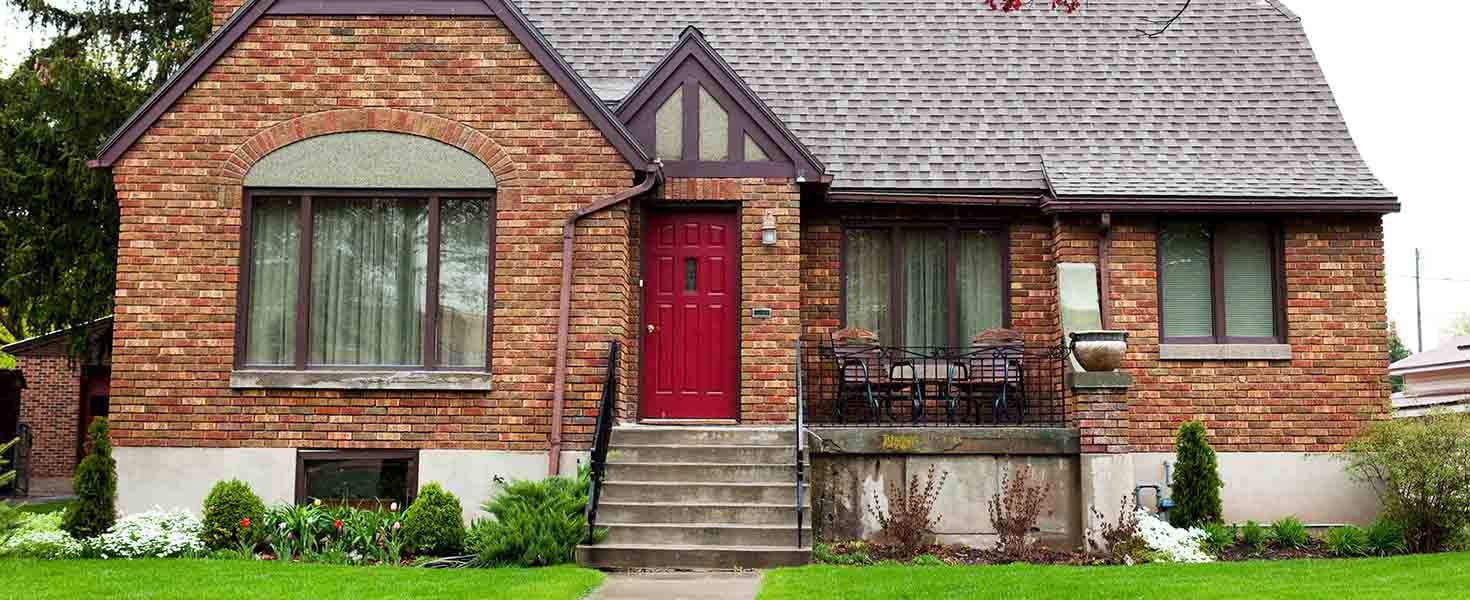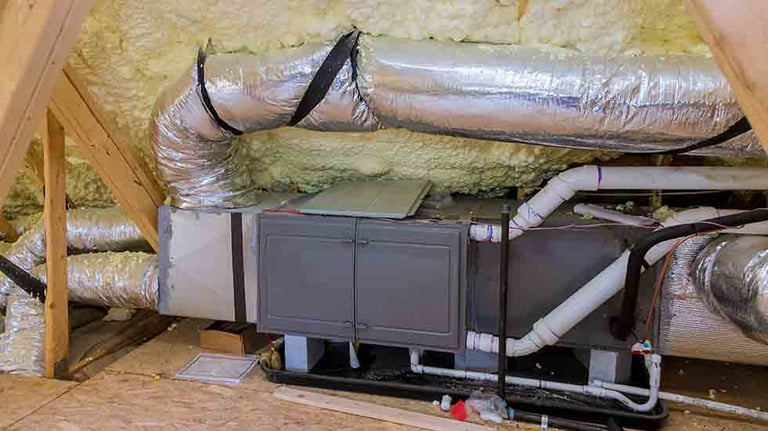9 House Noises You Should Never Ignore
The whats, wheres, and whys of house noises and how they can be fixed


Old or new, all homes make noises. Over time, they become familiar. Consider the friendly whoosh of the furnace or the creak of a step. But unusual sounds, they can indicate an issue.
“It is true that houses can speak,” says Jen Stark, the founder of Happy DIY Home, a house and garden site, and the owner of a 100-year-old Victorian in San Francisco. “Over the many years I have been working on houses, I have learned to understand their language. If the house is trying to tell the owners something—they should listen.”
Here are nine common sounds that might indicate an issue.

“Ghost” flushes
- Probable cause: The toilet is leaking internally.
- An uptick in your water bill—and the uneasiness that comes from hearing a toilet flush when the bathroom is unoccupied.
- Action: Put a few drops of food dye in the tank and wait a half hour to flush. If there’s color in the bowl, there’s a leak. Fixing it could be as simple as replacing the toilet flapper, readjusting the fill tube or flapper chain. Or, you may need to replace the entire flush valve.
Scratching or buzzing in the walls or ceiling
- Probable cause: Pests including mice, squirrels, or bees.
- Issue: Rodents can carry disease and chew through wires and insulation.
- Action: Call a professional exterminator. Then make your home pest-proof. “Any cracks, holes and gaps larger than a couple of inches should be sealed with cementum or a similar material to bar entry,” says Bryan Stoddard, who runs the website Homewares Insider.
Spooky scraping on the roof
- Probable cause: An overgrown tree branch.
- Issue: Wind-buffeted trees can damage the roof, gutters, and siding, says Josh Sevick, president of The Ground Guys. The consequences include leaks, mold, and mildew.
- Action: Prune the tree back to a lateral or secondary branch off the trunk. (Hire an arborist to avoid injury.)
Loud buzzing from behind the fridge
- Probable cause: The compressor.
- Issue: Low buzzing is normal. But loud buzzing could mean that the compressor is overworking.
- Action: If the condenser coils—which releases the heat—are covered in dust, turn off the fridge and carefully vacuum them. (Compressors also buzz when they’re wearing out.)
Whistling windows
- Probable cause: A gap around the glass.
- Issue: Energy loss.
- Action: Determine if the sealant around the glass has shrunk or deteriorated. Replace if needed.

Rattling ductwork
- Probable cause: Leaks or gaps between loose metal ducts.
- Issue: Reduced furnace efficiency.
- Action: Expect some pops and bangs when hot air flows through cold ducts. If you hear rattling, however, call an HVAC professional to see if the ducts fit snugly.
Crackling or bubbling water heaters
- Probable cause: Sediment buildup.
- Issue: Unchecked sediment will create a layer that stresses the tank’s bottom. If there’s a breach, water will gush from the unit.
- Action: Stark recommends draining the tank to remove sediment. You may need a new unit.

Buzzing lights
- Probable cause: Loose wiring or a bad lightbulb.
- Issue: Loose wiring presents a shock risk and fire hazard.
- Action: Replace the lightbulb. Still buzzing? Don’t use the fixture and call an electrician.
Whistling furnaces
- Probable cause: A dirty filter.
- Issue: Reduced efficiency.
- Action: Clean or change the filter every three months.
It pays to become acquainted with the noises in your home and to document the location and frequency of any unusual ones. When in doubt, call a pro.
